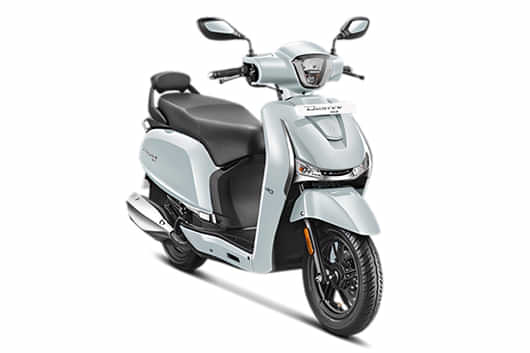
A clean car is something we all crave for. After all, these daily rides are the place where we spend most of our time on the roads and they deserve the cleanliness treatment and much necessary care. There might be many fancy options to choose from to get your car cleaned like foam and steam washes, dry cleaning, detailing etc. but one of the highly ignored places where everyone is afraid of pouring cleaners is the engine bay! Engine bay cleaning does give a satisfying feel as it makes the car look brand new under the hood.
Dust and grime in the engine bay can at times cause problems. This decaying matter does attract microbes and rodents which can be harmful for your car in the long run and might cost a fortune to repair. So, here we have got you covered with a few tips on how to clean your car's engine bay by your own self!
- Disconnecting the battery terminal: This is the most crucial step undertaken as a preventive measure. Modern vehicles are equipped with a countless number of sensors, actuators and control modules inside the engine bay which are supplied with a constant 12 Volt power all the time. Even if you have turned off your vehicle, these connections might be live and go short if water is poured over them.
- Masking: You might be wondering why do we need to mask the components even after disconnecting the battery, right? If water or any cleaning agent penetrates into a coupler or wiring loom, it can stay there for a few hours comfortably with you being unaware of this fact. Many components in a vehicle are sensitive to water and may cause severe malfunctions even after a few hours of turning on the ignition. It is better to be safe than sorry as these components are difficult to replace and may cost a bomb. So, we should cover all the major electrical parts like the alternator, battery knobs, ECU etc.
Also Read: Top Five Common Reasons Behind The Failure Of An Alternator - All Details Here
- Don't Pour Water Over The Sensors Directly: Sensors are a complex piece of engineering. Engine bays are cramped up and it is not possible to mask every component, but we should ensure precautionary that no water is poured directly over the sensors and actuators in the engine bay. If any cleaning is required, you may use a sprinkler or a sprayer or take the car to a professional cleaner with a steam washer.

- Avoid Steam Wash On Older Vehicles: The temperatures of steam exceed 100 :C at times and this heat can result in subsequent damage to components in an old car. As the car runs on the road, the longevity of the components decreases with time and can be further affected when exposed to these high temperatures.
- Choosing The Correct Cleaner: There might be many cleaners available in the market but dedicated engine cleaners should be preferred as they are volatile in nature and would evaporate soon, thus saving your car from short circuits even if it enters any small gaps or crevices.
- Don't Use Chemical Degreasers: The engine bay is filled with grease and grime which gets deposited over the miles we traverse on the road. You should ensure not to use a chemical degreaser in the engine bay as it may have serious consequences. Chemical degreasers might seem to work at the moment but they might take off the protective coating from the components in the engine bay.
Also Read: Five Ways To Remove Smoke Smell From Your Car
- Avoid Abrasives: Abrasives are chemicals which reduce effort while cleaning as they dissolve all the dust and grime and can be wiped off in a single go. However, the chemical composition of abrasives is so concentrated that they can dissolve plastics and rubbers over a period of time. You don't ever wish to spot a leak in your engine bay after all!
- Use Soapy Water : If you don't have a professional engine cleaner handy, you are always safe to use soapy water. Handwash soaps are made out of inorganic compounds which are not abrasive and are good enough as cleaners. This may increase the amount of effort required and also result in multiple rounds of cleaning, but it is one of the safest and cheapest options to clean up your engine bay without any threats.
- Use a spray and wipe method : Never let soapy water stay for long in the engine bay. You can pour the liquid into a sprayer and then spray and foam it with a brush to loosen the dirt deposits. After settling, you can use a microfibre towel to pick it up all and you are good to go!

- Don't Use Polishes! : The engine bay of the vehicle is a compartment which is going to get soiled eventually with time. Engine Bay cleaning does satisfy us but what if it gets soiled way before? It would be a waste of time and your elbow grease! Polishes do give a shine for the time being but are not long lasting and attract grime instead. So, you should avoid the use of any kind of polishes on the whole.
Also Read: How To Clean Front Windshield Of A Car? Step-Wise Guide
So, what do you think about these tips on engine bay cleaning? Do you personally follow some do's and don'ts which we missed on? Share your views and tricks in the comment section.



















































